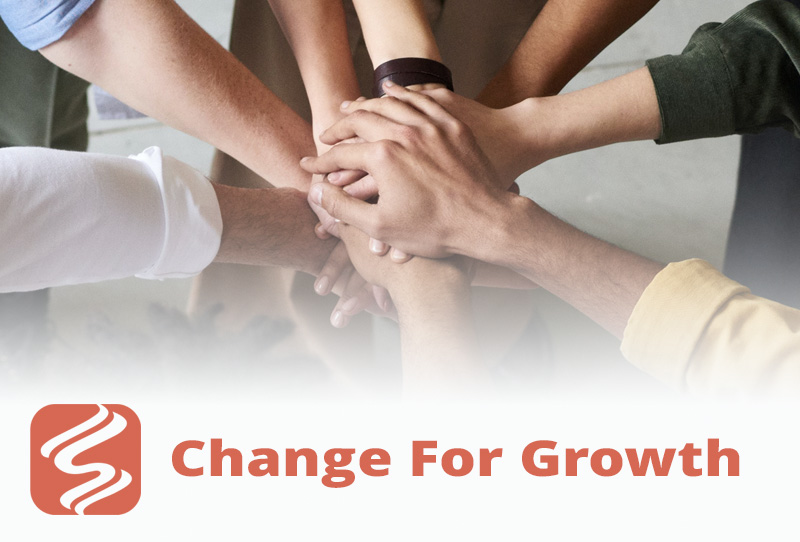
One of the things about being an Adjunct Professor at a college is taking professional development courses. And I’m taking one about implicit bias and sensitivity in the classroom, which has been really fascinating for me.
Of course, I’m reflecting on all the situations I’ve found myself in where I’ve had to battle, confront, and just deal with everyday and not-so-everyday sexism and misogyny. So many times throughout my career, I’ve found myself at the mercy of others (mostly men, of course), because of my chosen career.
My mom told me, even when I was young, that I had to watch my back. Don’t go out at night. Don’t do this, don’t do that. “Be careful,” she said. “Because no matter what happens, no one will believe the belly dancer.” So I had to make sure that I always watched out for myself because if something did happen to me, I’d be on my own.
So, I found myself the victim in these situations. But as I go through this course, the other thing I’m thinking about is change. Because I’m reflecting on situations where I might have inadvertently made others feel uncomfortable and how I can change to make my teaching more inclusive and welcoming… two things that I so rarely felt as a belly dancer in a world managed and controlled mostly by men.
I think a lot of people feel threatened by change. If they change their habits, speech, and ideas they’ll lose part of themselves. As though they’ll be abandoning a part of their identity.
But change can also be about adding ideas, opening up new viewpoints, and widening our perspective.
So, for example, being from California, I’ve been in the habit of saying “you guys” to refer to my students. I don’t mean that all my students are guys or men. In fact, it’s often the opposite! I’ll have one or two men in a studio full of women! But “guys” isn’t inclusive. It leaves out women, it excludes gender non-confirming and gender-fluid people, and might even feel really offensive to trans and other students. If that term doesn’t create a safe learning environment, then I’ll need to change.
Other times I might have used terms of endearment out of love or care because those terms were loving to me. But maybe that made some of my students uncomfortable or offended by those terms. And of course, I don’t want any of my students to feel unsafe, especially after I spend so many years in situations where I was unsafe.
And now I’m adding material to our Teaching Assistant and Teacher Training program in the Online Institute so that Salimpour School instructors can help create inclusive and safe classes for their own students, for all of our students.
Old habits are hard to break, so I am having to take extra care. And I’m growing. I’m adding to my knowledge, and I’m changing. And I’m not at all threatened by it. In fact, I embrace it!
We all need to make sure that we’re able to expand our knowledge, grow and learn from life and from each other. We need to stay on it and be sensitive. It’s so important that we keep compassion and humanity at the forefront of our thoughts and words, so that we can all feel included, seen, and loved.







